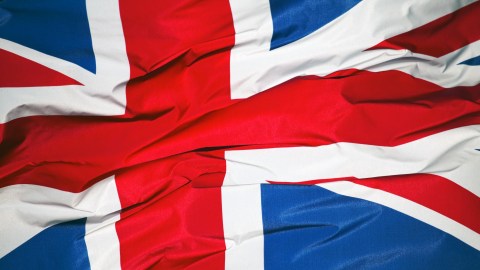UK Scientists Could Lose $1.4 Billion Annually after Leaving the EU

Science authorities in the United Kingdom are now worried that the country may lose up to $1.4 billion annually in science funding that flows from the European Union. The unprecedented nature of the UK’s decisive referendum to leave the EU means that British universities could experience sever shortfalls in staffing and research funding.
According to Nature, “UK universities currently get around 16% of their research funding, and 15% of their staff, from the EU,” and a majority of professional scientists were opposed to leaving the EU. The science journal has profiled responses from British and American scientists on the topic of the Brexit, finding confusion, worry, dismay, and little optimism for the future of British science.
It is not only science funding that is at stake because of European funding pools. Britain may lose out on certain funds as a direct result of its withdrawal from the EU if the Brexit stops the free movement of people to and from the country — a fundamental freedom on which the EU is premised.
As Neil deGrasse Tyson explained, “What is certain is that innovations and investments in science and technology are the engines of tomorrow’s economic growth.”
Discouraged by the prospect of dry funding pools and uninviting immigration systems, promising foreign scientists could decide to forgo an attempt to establish themselves in Britain. Brain drain of this kind was recently unthinkable in a nation as cosmopolitan as Britain, but as “Leave” campaigners coalesced their message around worries about an immigrant influx, nativism became a rallying cry for many Britons who wanted to leave the EU.
Another American scientists, NIH director Francis Collins, explains the ways in which recession had adversely affected scientific research in the US. Were the British economy to falter similarly, opportunities for scientists would similarly decline:
According to the British daily newspaper The Guardian, Nobel prize-winner Paul Nurse said Britain’s scientists would have to counter isolationism if UK science was to continue to prosper: “This is a poor outcome for British science and so is bad for Britain,” he said. “Science thrives on the permeability of ideas and people, and flourishes in environments that pool intelligence, minimises barriers and are open to free exchange and collaboration.”





